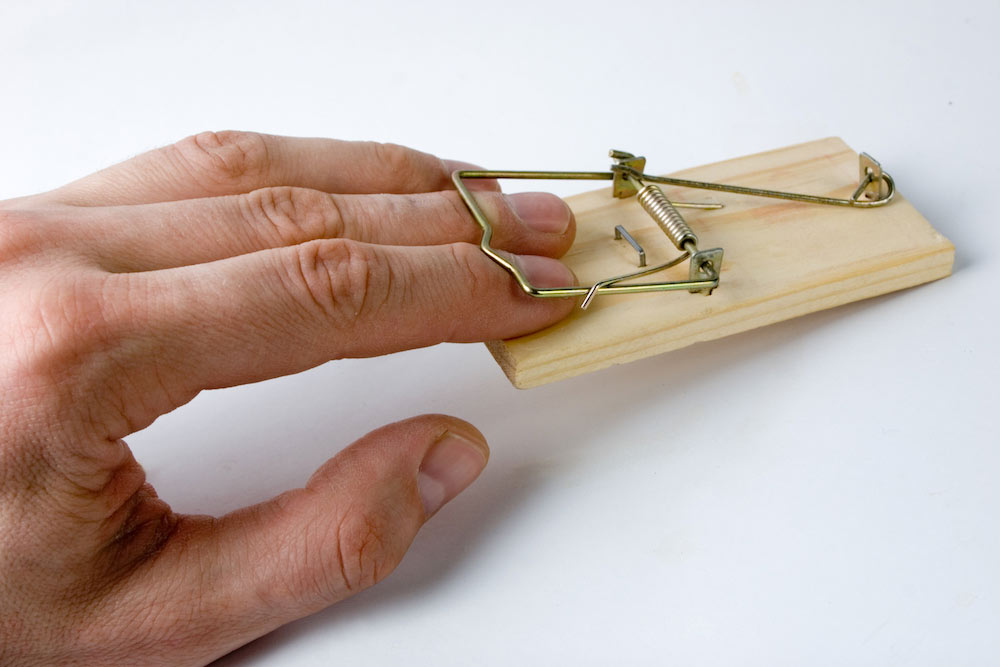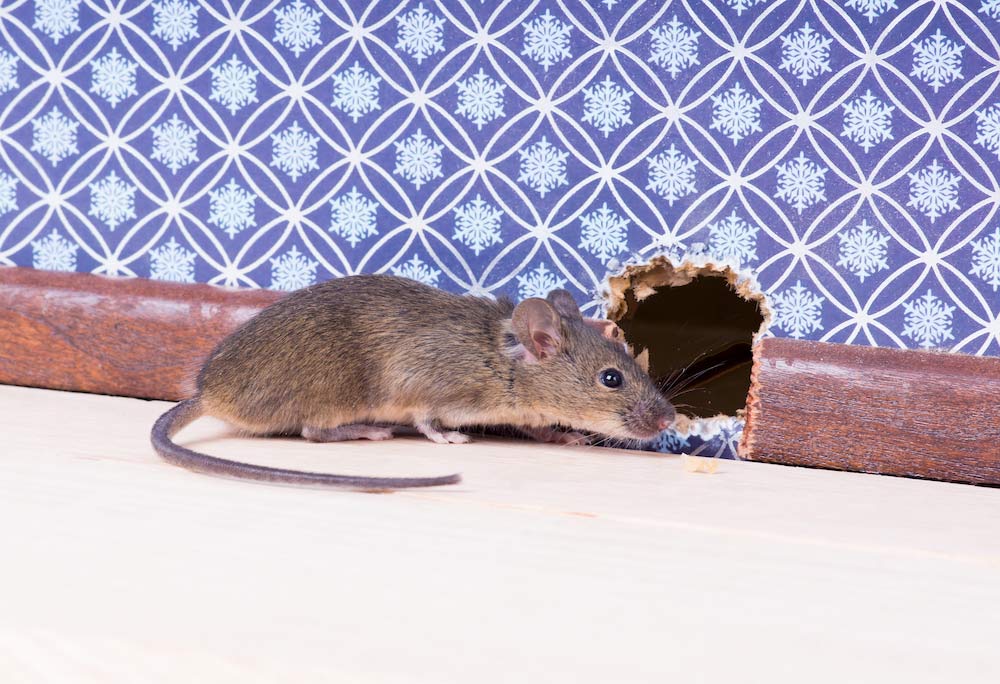The Best Way to Kill Rats and Mice Quickly
When cringe-worthy rodents such as rats and mice invade your home, you want to rid yourself of their threat permanently. Understanding common rats and mice gives you an upper hand, but traditional options for rodent control are lacking when it comes to safety, effectiveness, and ease. A better trap—yes, it does exist—provides a better solution to kill rats and mice quickly and efficiently.
TRADITIONAL RAT AND MOUSE TRAPS ADD TO STRESS AND MESS
Dealing with home-invading rats and mice is stressful enough, especially with the damage these destructive pests cause to your home and peace of mind. The last thing you need is a trap that's complicated and hard to set or one that fails to finish the job and ends up snapping the fingers of a child or the paw or nose of a pet.
At their worst, traditional wooden and plastic rat and mouse traps can lead to long and drawn-out deaths, maimed rodents, or injured rats and mice on the loose in your home. At their best, these old-fashioned options leave you with a contaminated trap and messy cleanup.
Sticky traps, also known as glue traps or glue boards, sentence rats and mice to a long, inhumane death. Rats and mice step on the traps and become stuck, much like flies on flypaper. Large rats often shake free or drag the glue boards through your home. Mice stay alive, but stuck, for however long it takes them to die inside your home.
Catch-and-release traps, also known as live traps, provide a humane alternative, but these options also come with a price. Rats and mice taken alive and released outside live another day to find their way back inside. Only this time, they're on alert. They'll avoid anything that resembles a trap.

Traditional mouse traps can be tricky — and painful — to set.
POISON BAIT BLOCKS PRESENT HAZARDS, ESPECIALLY AROUND KIDS OR PETS
Bait blocks and other rodent poisons can provide permanent solutions to invading rats or mice, but they present dangers and drawbacks all their own. Rodents that eat bait blocks typically don't die in the open. They sneak off to die and decompose—complete with home-permeating smells—in hard-to-reach hiding places. Homeowners have been known to tear out walls to get to the odorous, overpowering source.
In 2012, the U.S. Environmental Protection Agency reported that poison control centers across the nation receive more than 15,000 calls annually regarding children under six years old who ingested rodent poisons.1
Poisons that kill rats and mice harm people and animals in other ways as well. Pets and beneficial wildlife, including birds of prey, can die from eating poisoned rodents. Children may find and pick up dead rodents, unaware of the health hazards that rats and mice present.

With poison bait blocks, rats and mice retreat into walls to die.
INNOVATIVE RAT AND MOUSE TRAPS PROVIDE A SAFER, CLEANER SOLUTION
Fortunately, traditional traps and poisons aren't your only options when it comes to ridding your home of rats and mice. Amdro® brand mouse and rat traps offer a revolutionary way to kill rats and mice quickly—guaranteed.
Unlike traditional options, Amdro Mouse Traps and Amdro Rat Traps have an innovative ring design that kills rats and mice through the release of a powerful ring around the neck or chest area. Safer for children and pets, these ring traps are easy to handle, simple to set, and require no poison—just a bit of peanut butter, cheese, or Nutella-like hazelnut spread.
The reusable trap also ejects the rat or mouse, so it dies quickly and cleanly outside the trap. There's no blood, no mess, no snapped fingers, and no contaminated trap for you to clean up.
When rats or mice threaten your home, you can trade the stress and mess of traditional rodent controls for the innovation and effectiveness of Amdro Mouse and Rat Traps. Amdro is committed to helping you put an end to pest disruptions with the best in helpful information and premium pest controls.
Amdro is a registered trademark of Central Garden & Pet Company.
Source:
1. M. Anderson, “Keeping City Children Safe from Rat Poisons | National Poison Prevention Month," U.S. Environmental Protection Agency, March 2012.




